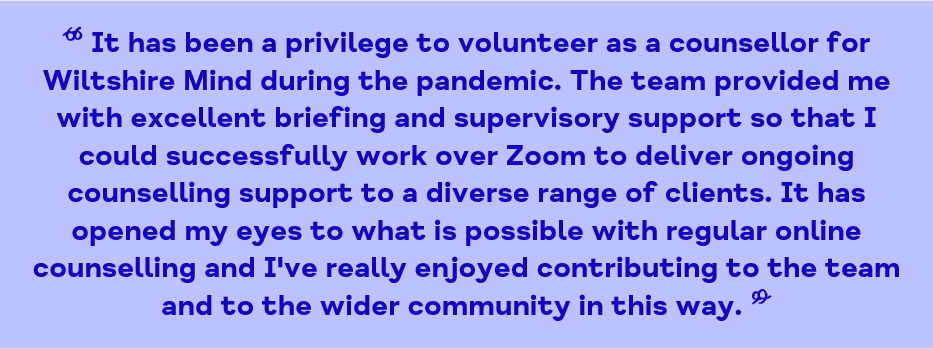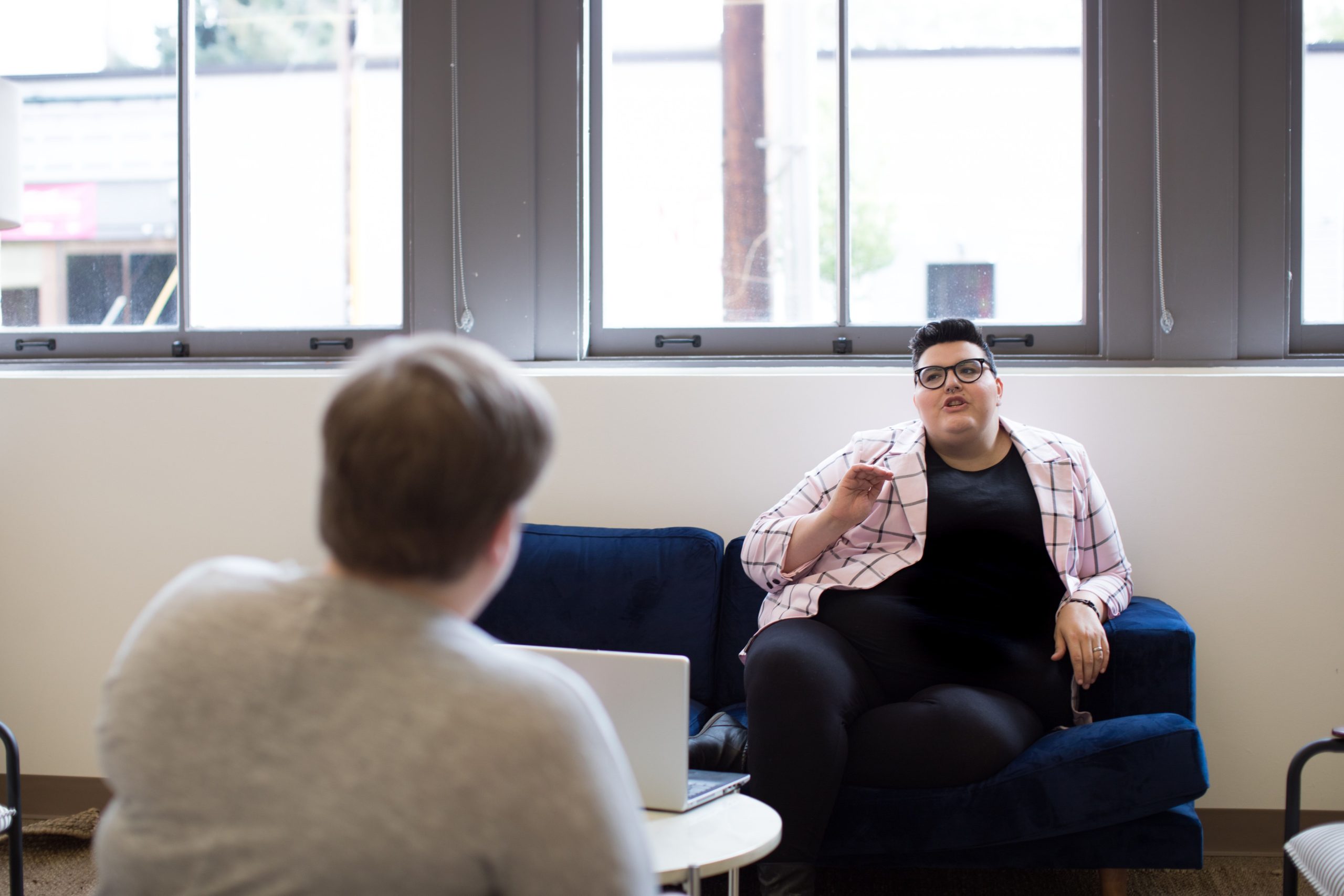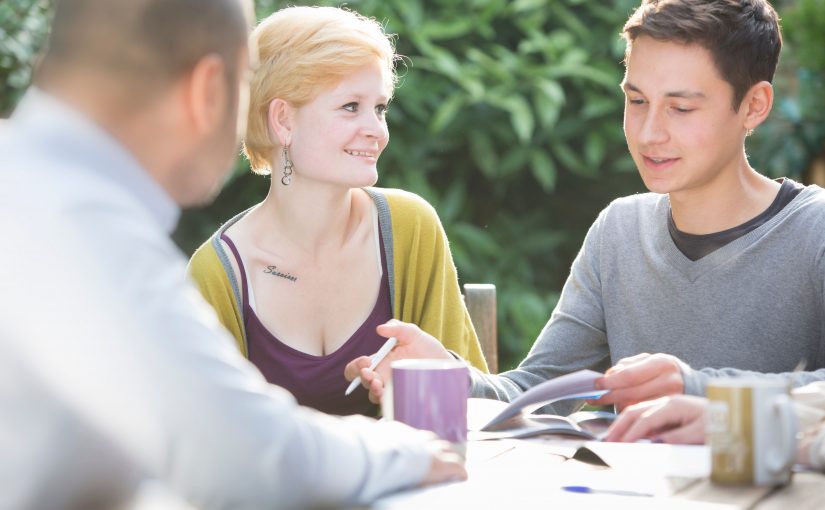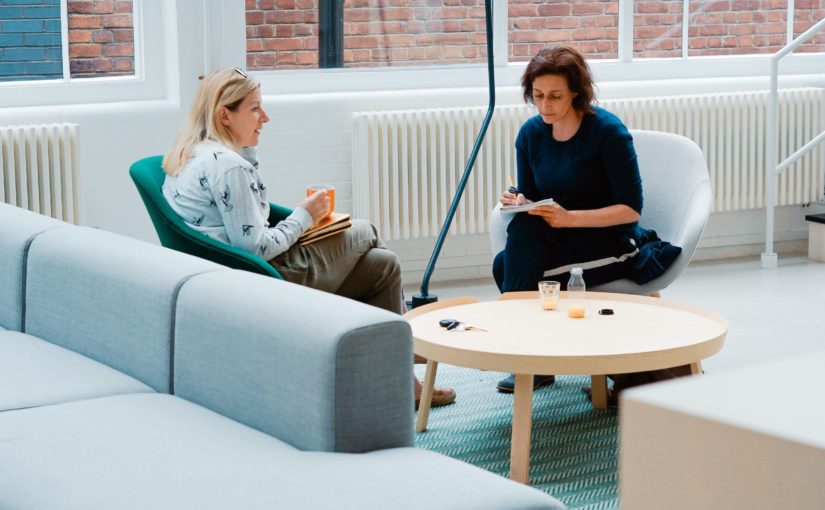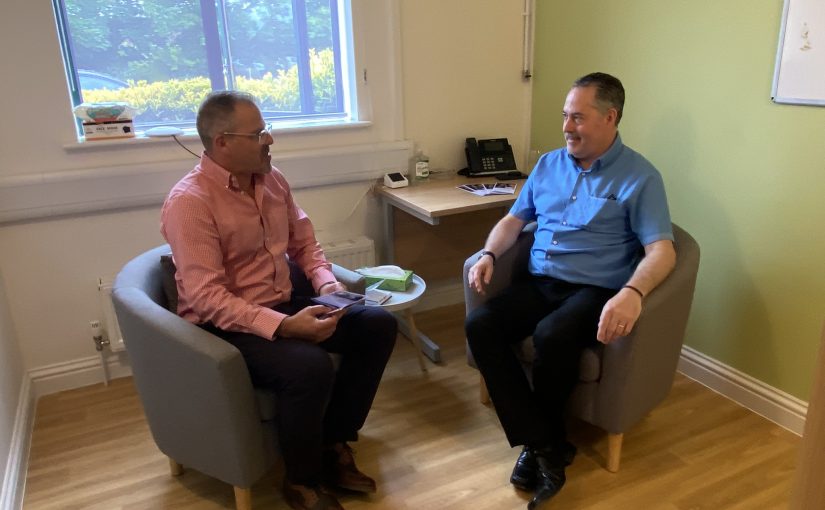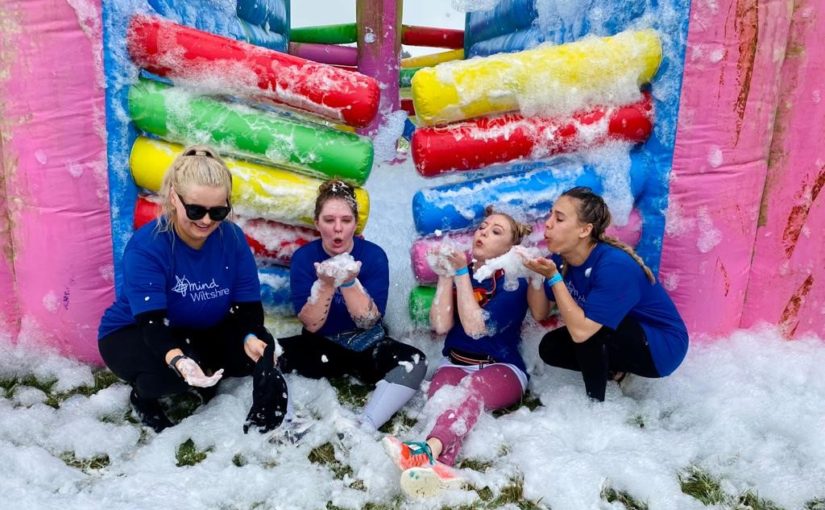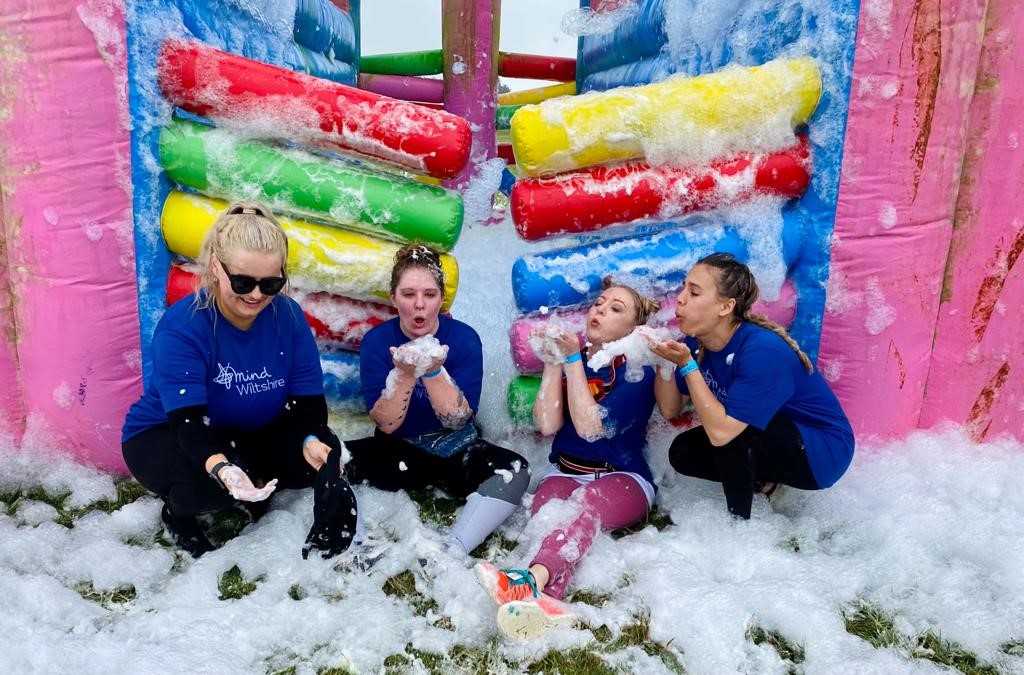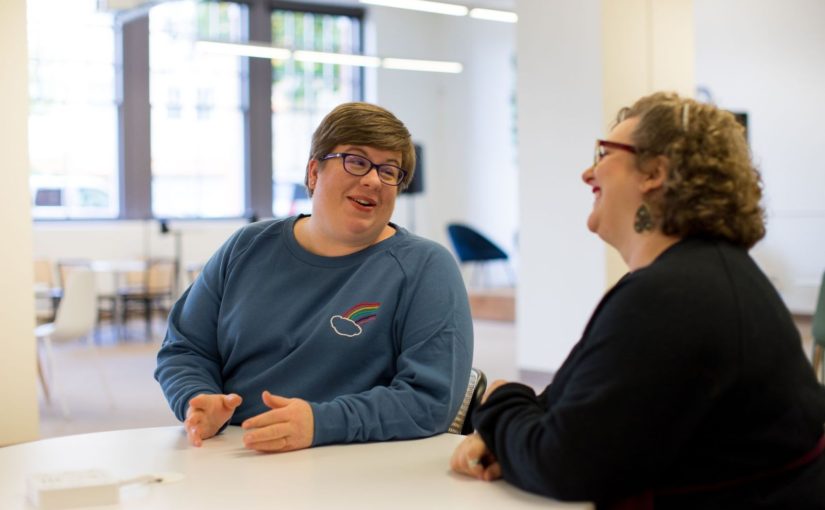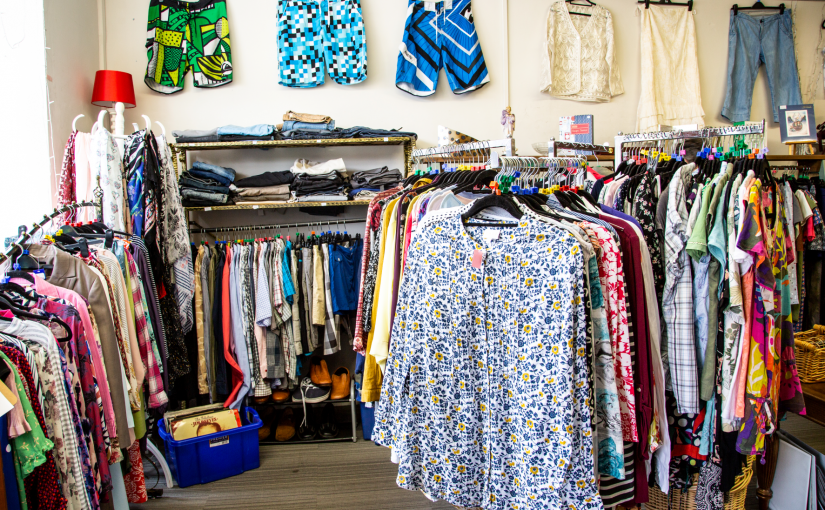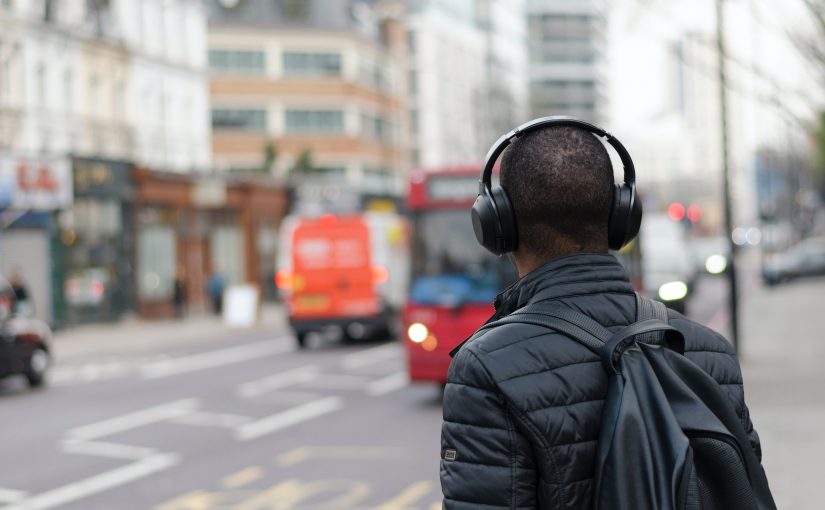This year, the Mental Health Foundation has chosen loneliness as the theme of mental health awareness week.
“Millions of us experience loneliness from time to time. We know that some people are at higher risk of experiencing loneliness and the evidence shows the longer we feel lonely, the more we are at risk of mental health problems.”
Mark Rowland, Chief Executive, Mental Health Foundation
Not only does feeling lonely place our mental health at risk but experiencing poor mental health can lead to loneliness.
What is loneliness?
We often think about loneliness as being linked to being alone or isolated, however this doesn’t automatically lead to the feeling of loneliness, in fact often we may choose to be in solitude for our wellbeing. The feeling of loneliness is more complex and relates to lack of social connection.
A key element to the survival of the human race was our ability to act together as a social species. Loneliness developed as a warning sign that we may be socially disconnected and therefore our survival at risk. Just as the sense of thirst lets us know we should hydrate; loneliness is designed to encourage us to seek connection. As we are wired for connection there can even be negative effects on our physical health from prolonged loneliness, such as a weakened immune system.
We all feel lonely sometimes, but when it starts to become a regular or overwhelming feeling it may be time to take action or seek support.
Signs of loneliness
Loneliness looks different for everyone, and it might not always be easy to spot but signs can include:
-
- Not having many close friends or avoiding people
- Finding it difficult to make deep connections to others
- Feeling isolated even when around people
- Having low self-esteem or feeling you don’t have anything interesting to say to people
- A tendency to focus spare time on buying ‘things’ rather than on activities
- Regularly binge-watching TV boxsets
- Using mechanisms such as food, alcohol or drugs to avoid feeling isolated
- Spending lots of time scrolling on social media without interacting with anyone
What leads to loneliness?
Loneliness can build up over time and we may not always notice our social connections have started to dwindle. The pandemic had a big impact on us feeling lonely and isolated. A 2021 Mind survey found that in the South West, 52% of adults and 53% of young people were worried about seeing and being near people. Whilst restrictions have lifted, it is inevitable that two years of social distancing has played a large part in some of us finding it hard to be around people.
Loneliness can also be triggered by a change in circumstances, such as the loss of a relationship or friendship, a bereavement, changing jobs or moving to a new area.
What can we do to feel less lonely?
There are lots of things we can do to improve feelings of loneliness, below are some suggestions. If you have been feeling lonely for a while, take small steps to begin with so as not to overwhelm yourself.
-
- Reconnect with friends and family and work on improving the feeling of connection between you. If you worry that you don’t have enough in common to connect with your friends, try to focus on your similarities rather than your differences.
- Think about what opportunities you might have to meet new people.
- Often just being open with a friend about how you’re doing can help you feel connected. Focus on quality of friendships and remember it can take time to build the trust so be patient.
- Find small ways to connect to people on a day-to-day basis, even if it is just taking time to say hello to a cashier in the shop or smile and make eye contact with people (if it feels safe to do so). Being present when you are out can help you notice those small opportunities for connection.
- Take up new hobbies or re-establish old ones. Find out if there are community interest groups near you so you can meet people with similar hobbies.
- If you have time, look for volunteering opportunities in your community. There are many wellbeing benefits associated with volunteering, including increasing your confidence, giving you a sense of purpose, and learning new skills.
- Get outside and connect to nature or spend time with animals can also lead to feelings of connection.
What can we do at work to manage loneliness?
The pandemic has changed the workplace for many of us, so it is important we take time to understand which elements of connection we might be missing and act to remedy this where possible. This might include:
-
- When hybrid working, make the days you are in the office focused on meeting and connecting with colleagues and save the detailed solo work for when you are at home. If you are used to working remotely, spending time catching up with colleagues may feel unproductive by comparison, so remember that team connection is important too and put it on the to-do list.
- Keep in mind that everyone connects differently, the extroverts among us may enjoy larger team gatherings to help feel energised and connected, whereas those of us who are more introverted may gain connection from smaller groups or one-to-one conversations.
- If you are a remote worker, consider if there is a colleague who you can buddy up with and check in with each other regularly, or even just having a video call open whilst you both work separately can help feel like there’s someone with you.
- Find out if your workplace has a mentoring scheme and sign up to either be a mentor to others, or a mentee.
- Reconnect with the values of your team or wider organisation. Feeling part of a shared purpose can help us feel more connected to others.
- Consider talking to your manager if you are feeling distanced from your team, they may be able to help you find a way of working that suits you better.
What can we do as managers in the workplace?
It can be a challenge to keep up with how your team are doing when the workplace is changing. This week might be a good opportunity to consider if anyone might need your time or support. Some suggested ways to take care of you team are:
-
- Check in with each team member at your next 1-2-1 and ask if they are experiencing feelings of loneliness. If so, help them think about ways to address this.
- Do you know the preferences for your team members in terms of how they best connect to people, such as whether they are introverted or extroverted? Try to provide a mix of different opportunities ranging from small groups to large groups and think about what space is available in the workplace to facilitate this.
- Make sure the values and purpose of the team or organisation are clearly communicated, and let people know how they as an individual contribute to that.
- Encourage people to take time for their wellbeing during the workday and let them know what options are open to them within your organisation. Remind them of any confidential support available too, such as via your EAP provider.
- Encourage your team to complete a personal Wellbeing Action Plan and review it at your 1-2-1’s. The wellbeing plan can help us identify what keeps us well at work and what causes us to become unwell. Find the guide and template on Mind’s website.
- Take a look at the ‘tea break check-ins’ detailed below and consider having this posted in the break area as a reminder.
Mental health is for life not just for awareness week!
Awareness days have proven successful over recent years in helping encourage people to talk about their mental health and seek support, but we need to look after our mental health all year round too.
Perhaps you can use this week to take stock of how you are doing with your mental health and where you can make sustainable changes in your life to take care of yourself on an ongoing basis?
When making changes to our lifestyle it’s best to start small and then build it up when it feels like a habit. Even just doing something for a couple of minutes a day is better than not at all, and when you are doing it consistently, you can build it up to 5 minutes, 10 minutes etc. It can also be most effective to anchor the change to something you already do.
Here’s one small change you can make today that can make a difference:
Tea Break Check-ins
Every time you are making a drink, waiting for the kettle to boil or queuing in the coffee shop, spend a couple of minutes to check in with yourself. Start with taking a few deep breaths and then ask yourself:
-
- How am I feeling?
- Do I feel connected to others?
- What one small thing can I do for myself today to support my wellbeing?
Why not download our prompt poster today and print it for your kitchen at home or your break area at work?
How Wiltshire Mind can help
Our support is available for anyone based in the Wiltshire area.
-
- Peer Support Groups – Attending one of our weekly support groups can provide a safe space for you to talk about how you’re feeling and connect with others who may have similar experiences. Click the link to find out when and where they are held.
-
- Volunteer – as mentioned, there are many benefits to volunteering in your community, and we would love to hear from you if you have time to support us. Opportunities include helping our facilitators to run the weekly support groups or joining our fundraising team to help raise much needed funds for the charity. Take a look at our volunteering page here to find out more.
-
- Counselling – our one-to-one counselling is available for adults and also young people aged 11+. This is available either in person or via Zoom. As a low-cost counselling provider, we do have a waiting list for this service but please get in contact if you would like to find out more. You can see more information about adult counselling here and young people’s counselling here.
Donate to help us deliver our services
Each month, we aim to deliver around 250 counselling sessions, and hold 28 support groups but to do so, we need to raise £465 per day. We rely on the generosity of people and businesses in our community to achieve this. If you would like to donate to help us be there for people facing loneliness and experiencing mental health problems visit our Just Giving page.
Other resources that may be useful
Mind’s Side by Side community provides an online platform where you can connect to others who understand what you are going through. It is available to everyone 24/7.
The Befriending network directory can help you find organisations near you who provide a befriending service.
Meetup is a website and app to find local events and meetings for a variety of interest groups.
